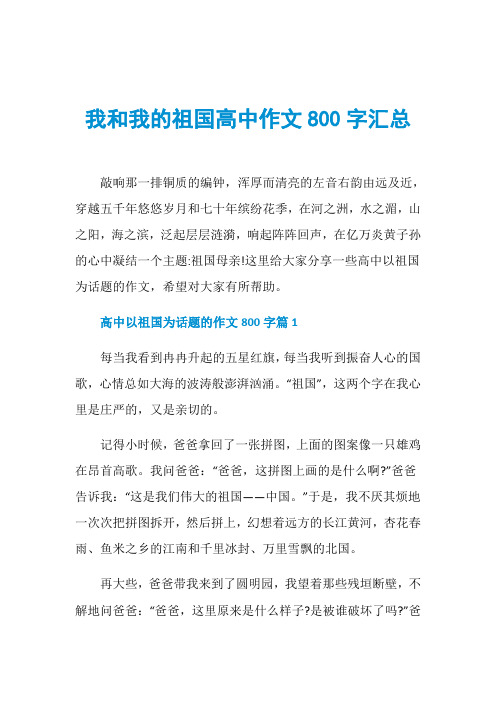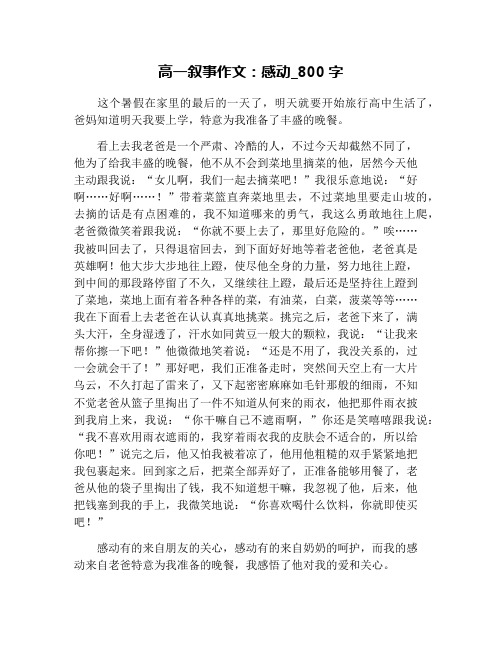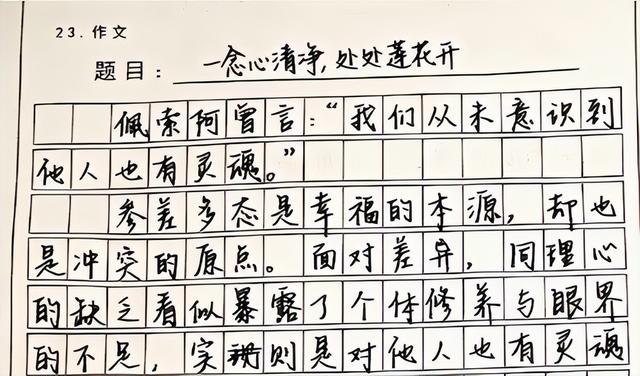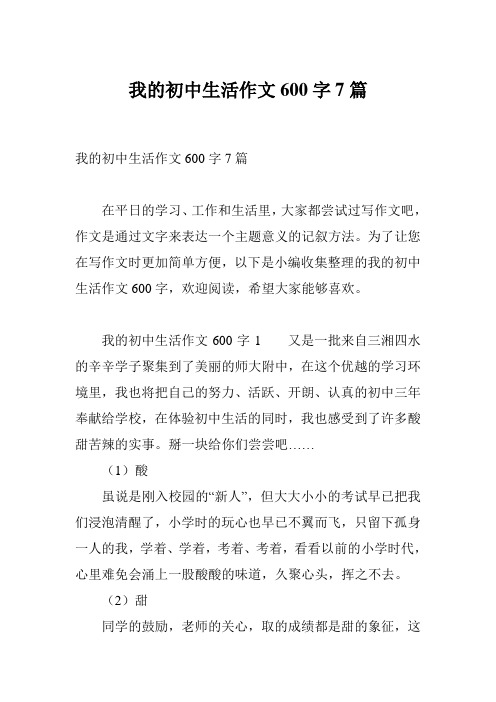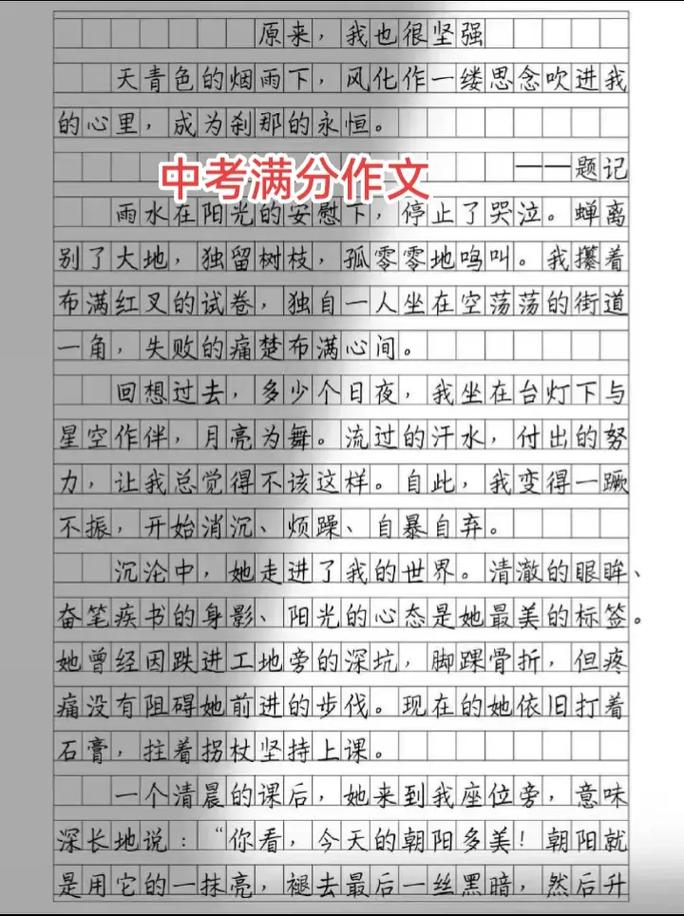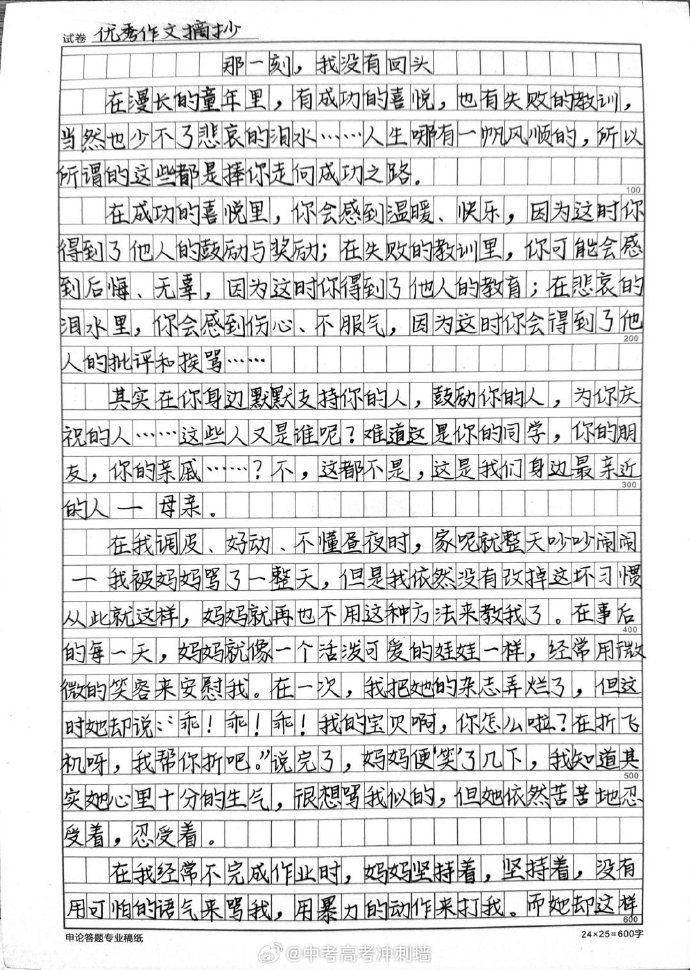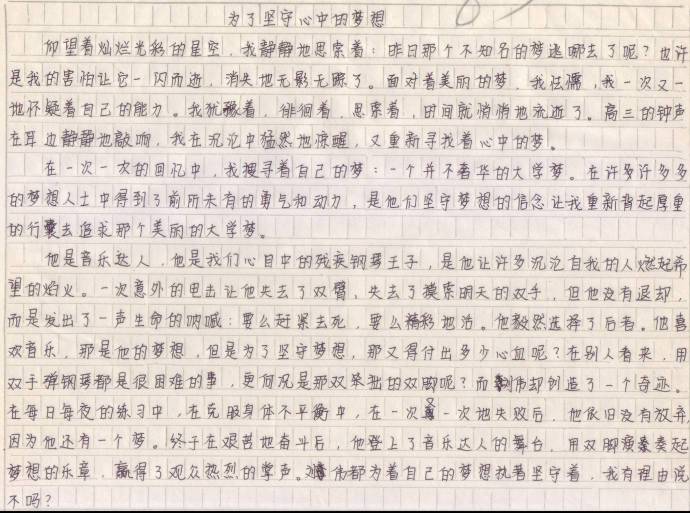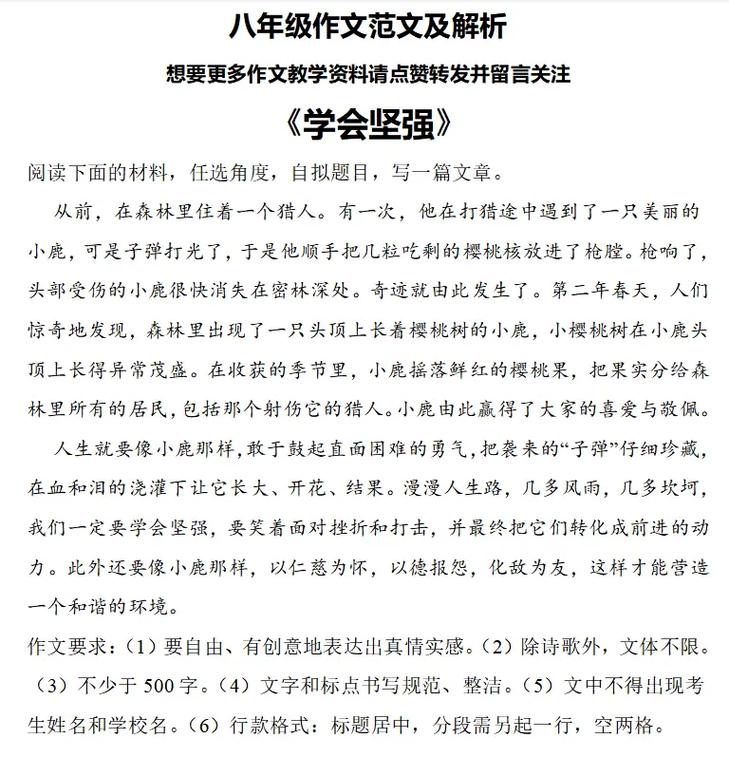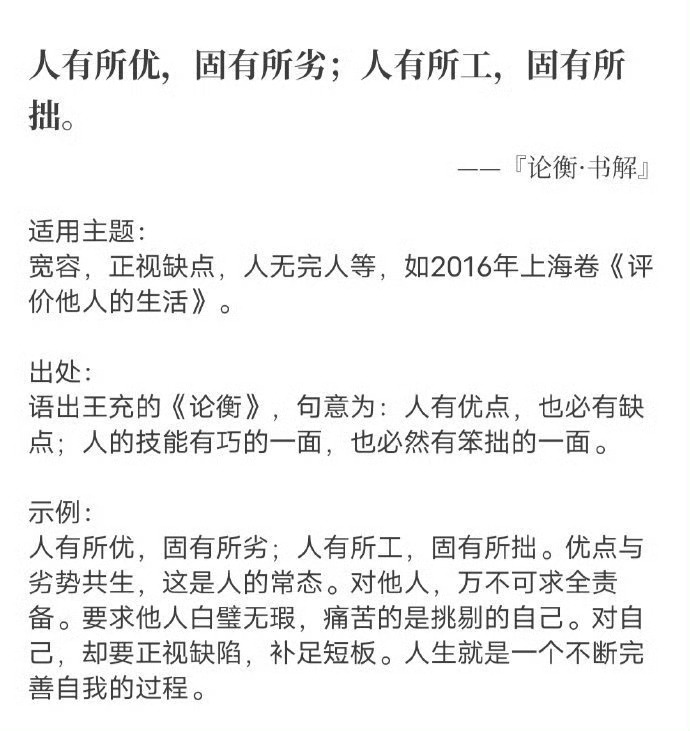i have a dream英语作文(梦想英语作文主题)
推荐阅读》
“I have a dream” is a phrase that has become synonymous with Martin Luther King Jr.'s eloquent speech delivered at the Lincoln Memorial on August 28, 196
3.This iconic speech is not only a historical monument to the civil rights movement but also a profound statement of hope and vision for equality and justice. The phrase "I have a
dream" encapsulates King's dream of a society where people are judged by their character rather than their color, where children are not taught to hate but to love, where all men and women are created equal and endowed with certain unalienable Rights, including life, liberty, and the pursuit of happiness.
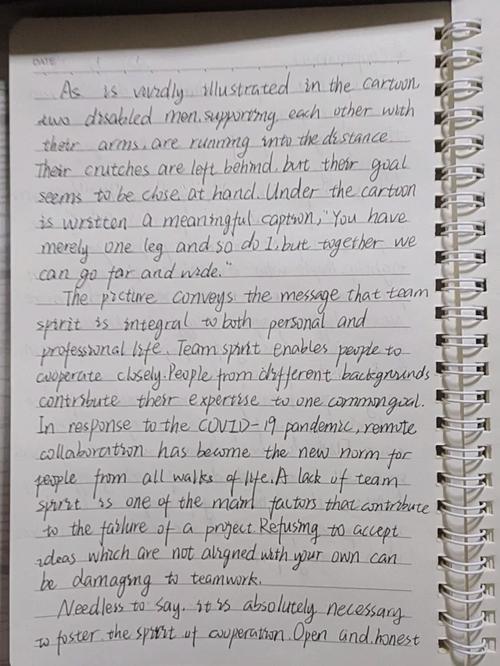
To write about "I Have a Dream," we can break the essay down into several key points: the context of the time, what the dream specifically entails, the impact of the speech on American society, and its relevance today. Let’s outline the essay first:
1.Introduction to the Speech
2.The Context in Which the Dream Was Spoke
3.The Content of King's Dream
4.The Significance and Impact of the Speech
5.Modern Relevance of King’s Dream
6.Conclusion: Reflecting on the Timelessness of the Dream
Firstly, let's explore the context in which Dr. King spoke his famous words. The year 1963 was a pivotal moment in America's history; it was a time when segregation laws and discriminatory practices were still prevalent, particularly in the Southern states. African Americans were facing severe limitations and violence just for seeking equal rights. In this environment, King's dream emerged as a call to action and hope for a future where everyone would be treated with dignity and respect. The Civil Rights Movement, which aimed to end racial segregation and discrimination against African Americans, found in this speech its most powerful voice.
Secondly, the content of King's dream is both simple and profound. He dreamt of an America where "my four little children will one day live in” a nation where they won’t be judged by the color of their skin, but by the content of their character. He envisioned a world where "the sons of former slaves and the sons of former slave owners will be able to sit down together at the table of brotherhood.” His dream extended beyond racial harmony to include economic justice, education equality, and the dismantling of systemic barriers that perpetuated social injustice. It was a vision of a truly inclusive democracy where every person had the opportunity to fulfill their potential regardless of their race, gender, or social class.
Thirdly, the significance and impact of Dr. King’s “I Have a Dream” speech cannot be overstated. It galvanized a generation and brought national attention to the civil rights struggle. The March on Washington, where the speech was delivered, became one of the largest political rallies in U.S. history, drawing hundreds of thousands of participants who came from all walks of life. The speech itself was broadcast live on television and radio, bringing King’s message to millions who could not attend the march in person. This widespread exposure played a crucial role in shifting public opinion and eventually leading to significant legislative changes, such as the Civil Rights Act of 1964 and the Voting Rights Act of 1965, which outlawed racial discrimination and disenfranchisement.
Moreover, the speech’s rhetorical brilliance and moral authority left an indelible mark on American political discourse. King's use of repetition, parallelism, and biblical imagery created a powerful narrative that resonated deeply with many Americans and inspired subsequent generations of activists and leaders. His ability to speak directly to the human condition and articulate a shared vision for the future set a new standard for effective communication in advocacy work.
Finally, considering the modern relevance of King's dream is essential. Though much progress has been made since the Civil Rights Movement, issues of race, inequality, and justice continue to be pressing concerns. Today, we see movements like Black Lives Matter advocating for police reform, criminal justice reform, and greater racial equity. Dr. King's dream serves as an enduring source of inspiration and guidance for these efforts. It reminds us that the pursuit of justice is never complete and that each generation must continue to strive for a more perfect union.

In conclusion, Dr. Martin Luther King Jr.’s “I Have a Dream” speech remains a testament to the power of visionary thinking and unwavering hope. It is a reminder that great societal change often starts with a single voice speaking truth to power, and that even in the darkest of times, there is light ahead if we dare to dream and work towards those dreams collectively. As we reflect on King’s dream, we are encouraged to carry forward his legacy by fighting for equality, justice, and the realization that all humanity is interconnected and deserving of dignity and respect.
本文系作者个人观点,不代表本站立场,转载请注明出处!

